Awesome Ashtrays In Buckhead
An Atlanta collector owns and displays thousands of ashtrays that are examples of creativity, rarity and historical significance
Chana Shapiro is an educator, writer, editor and illustrator whose work has appeared in journals, newspapers and magazines. She is a regular contributor to the AJT.
Lois Stifel lives in a light-filled condo that contains a private museum. Displayed are more than 2,000 ashtrays, providing a history of the United States of the 20th century through examples of ashtrays, a cultural icon. Stifel once had almost 6,000 ashtrays and related items, such as cigarette boxes, three-piece smoking sets and advertising art, but today she concentrates on rare, unusual or exuberantly quirky ashtrays.

Stifel, who is downsizing her vast collection, has made major donations to prominent American museums, where her contributions are part of permanent Americana or glassware collections. These include ashtrays that were once ubiquitous, found in every smoker’s home, as well as one-off ashtrays that are works of art. Outstanding examples include ashtrays made by famous American glass companies such as Fostoria and Blenko, known for their decorative and utilitarian products, especially mid-century items in proprietary colors and designs.
Stifel was once a serious collector in a different field of Americana, but she never considered collecting smoking-related items. In fact, she stopped smoking in 1985, 10 years before she became interested in cigarette accoutrements.
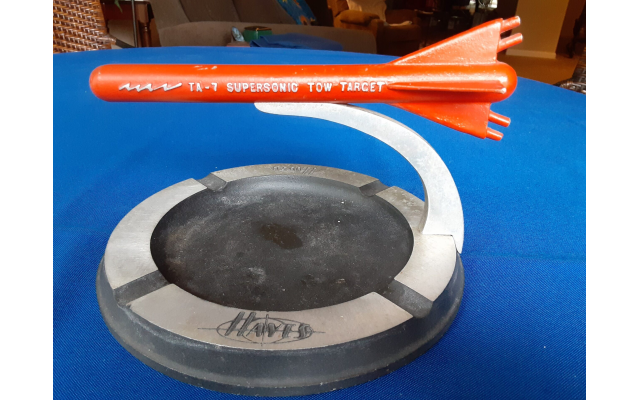
In May 1995, Stifel, who was living in Madison, Wisc., took a walk in Sauk City with a friend. They entered a resale shop, and non-smoking Lois came across a cigarette case for $2. “To this day, I have no idea why I bought it, but a collection was born. From that moment, I went to thrift stores every weekend, sometimes traveling as much as 100 miles in one day. Fortunately, I was working for the State of Wisconsin at the time, and my job required a lot of traveling!”
Stifel eventually got bored collecting cigarette cases, so she expanded her search to anything that held cigarettes, including cigarette boxes, cigarette dispensers and smoking sets. At a citywide garage sale, she bought a walnut cigarette box with a glass lid for $3, and the seller talked her into purchasing a matching ashtray for $1. “I tossed both items into the back of my car,” she joked, “and months later I discovered that I had purchased a mid-century Higgins Glass smoking set worth several hundred dollars.”
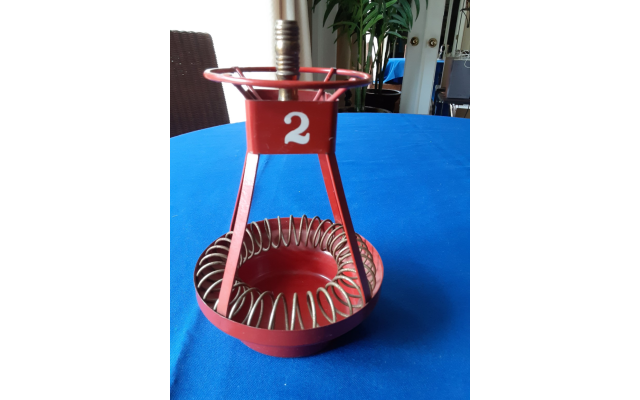
Stifel decided that ashtrays were far more interesting and more affordable than cigarette cases, and the diverse styles of ashtrays appealed to her interest in 20th century Americana.
For a time, Stifel also collected ephemera pertaining to cigarette smoking, such as posters, magazine ads, sheet music, and promotional items given away by tobacco companies. “I began picking up anti-smoking information, as well, eventually creating a database for everything I had collected. I backed it all up on a floppy disk and optimistically named it ‘Smithsonian,’ because I always dreamt of donating my collection to a museum.”
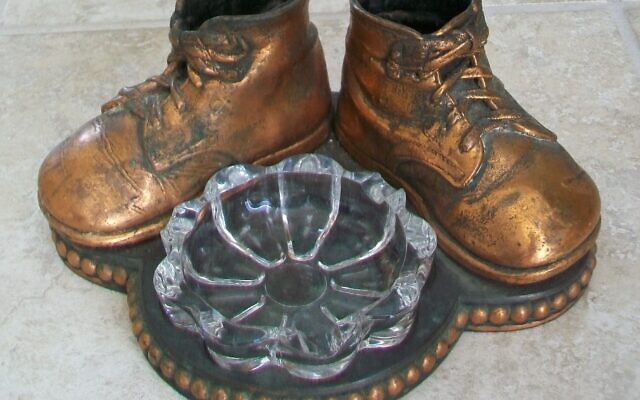
Stifel has no favorites, but she appreciates “cross-collectables,” which are ashtrays sought by collectors with different interests. She points to Iron Fireman, a metal ashtray that depicts a robot shoveling coal into a furnace. It would be of interest to collectors of metal ashtrays; 1930s art deco ashtrays; machine age art; or 3D figurative promotional art.
Stifel notes, “On eBay, Iron Fireman sells for up to $700, depending on its condition. The one I have is the same as one in the National Museum of American History.”
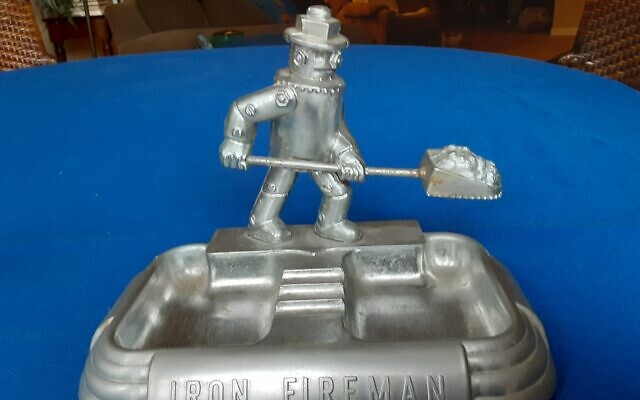
More than 20 years after visiting the resale shop in Sauk City, it was time to make her dream come true, yet Stifel found no single museum that could house large sections of her extensive collection. Stifel had once lived and worked in Durham, N.C., so her first donations were to Duke Homestead State Historic Site and Hartman Center for Sales, Advertising & Marketing History at the David M. Rubenstein Rare Book & Manuscript Library at Duke University. Thousands of items from her collection have been divided among other museums, too, including the Division of Political History of the Smithsonian Institution, the National Museum of American History, and The Museum of American Glass in Weston, W.V.
As a respected researcher and knowledgeable collector, Stifel is currently co-writing a book with the Museum of American Glass, called “Glass Ashtrays of the 20th Century.”
- Chana Shapiro
- Treasure Trove
- Lois Stifel
- Buckhead
- ashtrays
- cigarette boxes
- Duke Homestead State Historic Site
- Hartman Center of Sales
- Advertising and Marketing History of the David M. Rubenstein Rare Book and Manuscript Library
- duke university
- Madison
- Wisconsin
- Durham
- North Carolina
- National Museum of American History
- Museum of American Glass
- Weston
- West Virginia
- Sauk City
- mid-century collectibles
- museum
- Blenko
- Fostoria
- Americana
- Community
- Arts



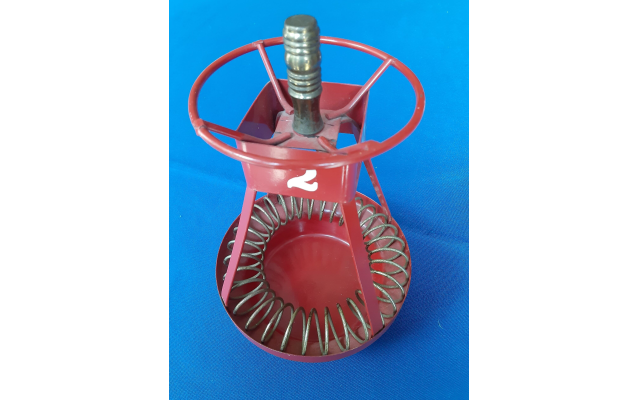
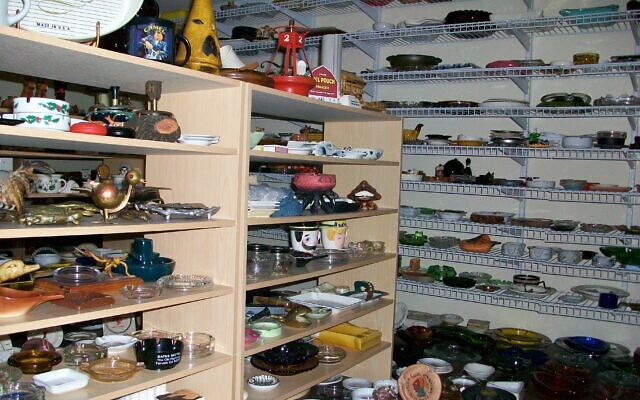
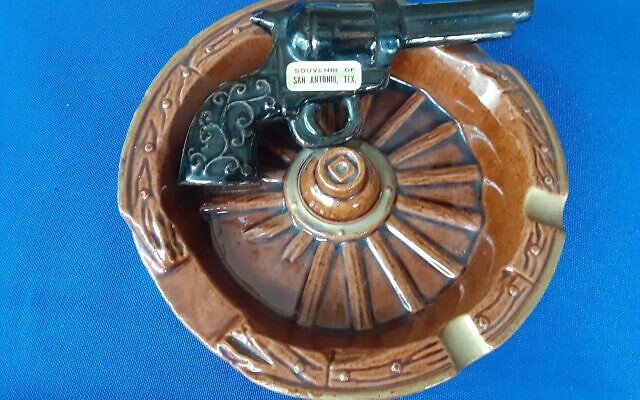
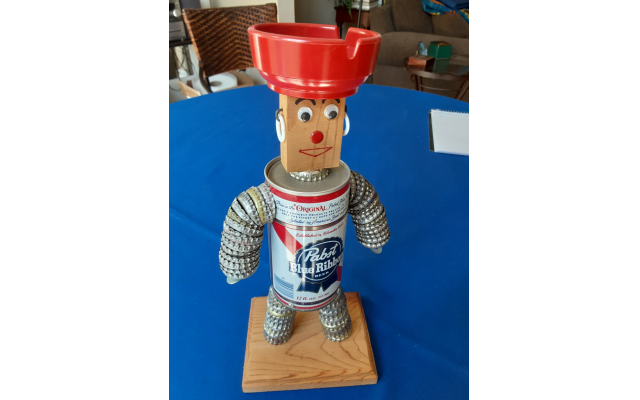
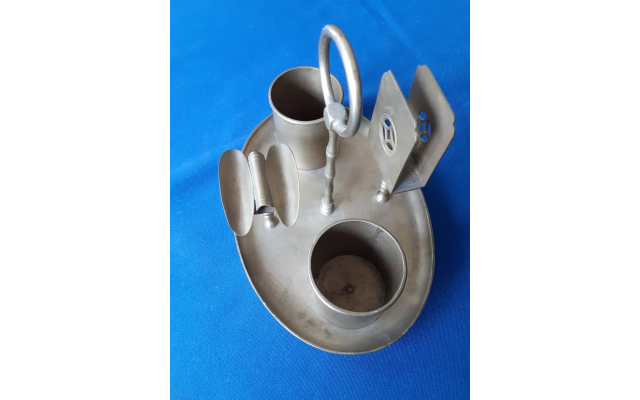
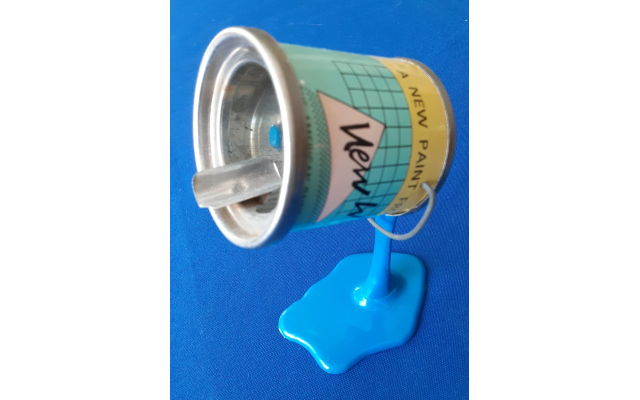
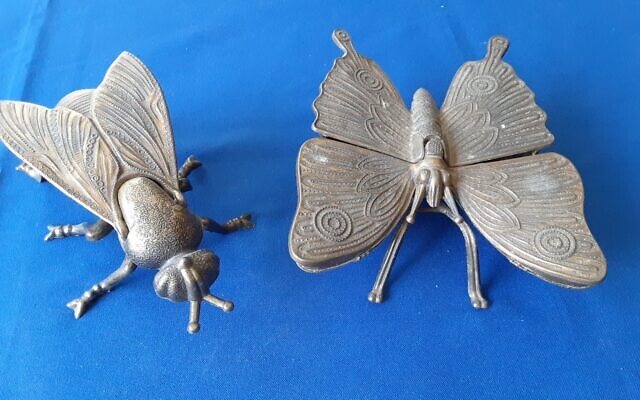
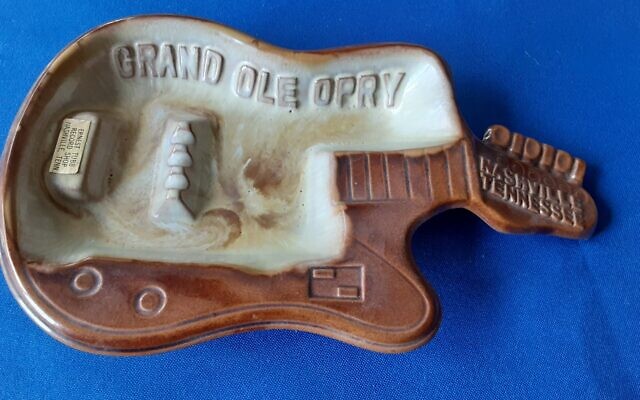
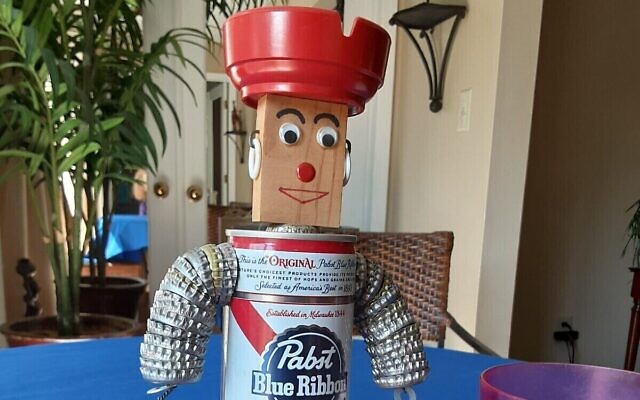
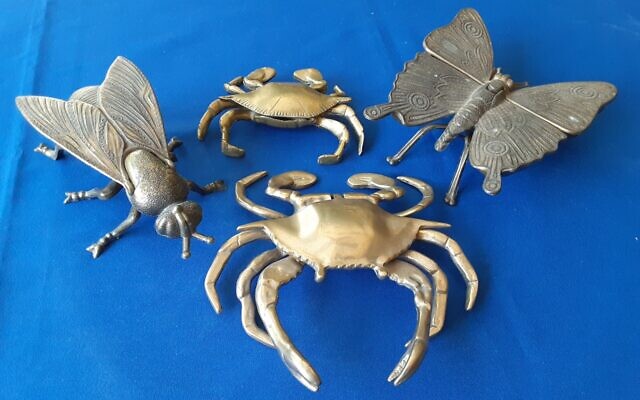
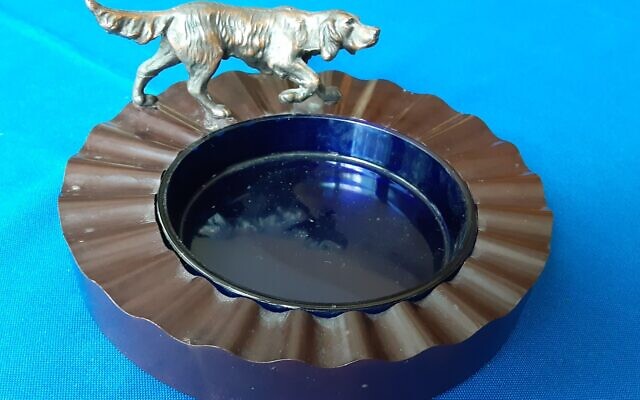
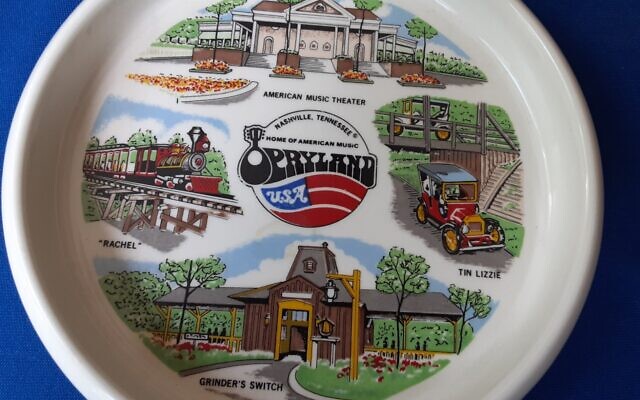
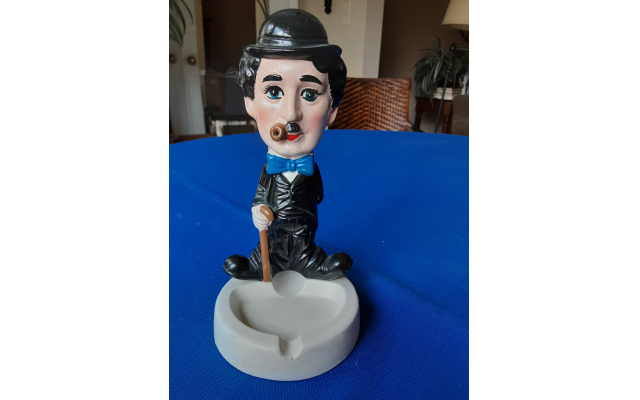
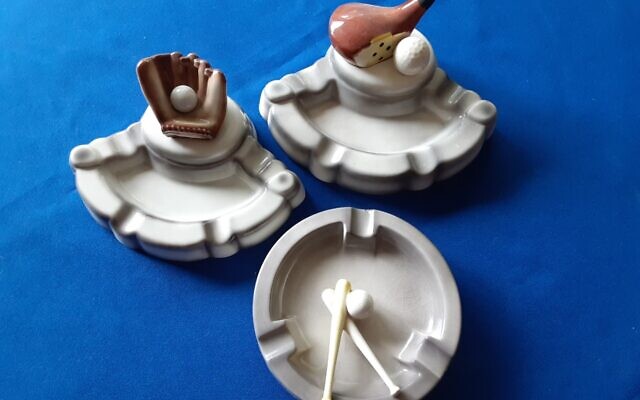
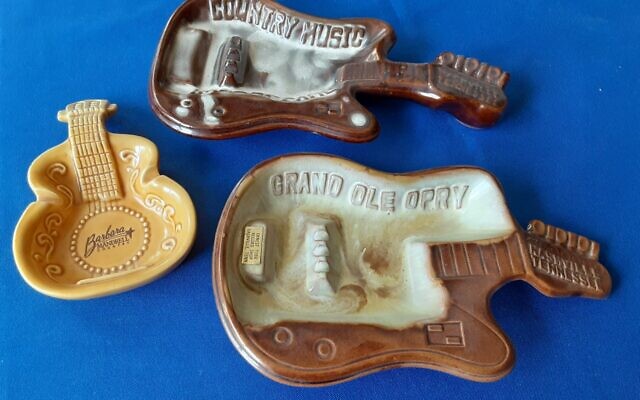
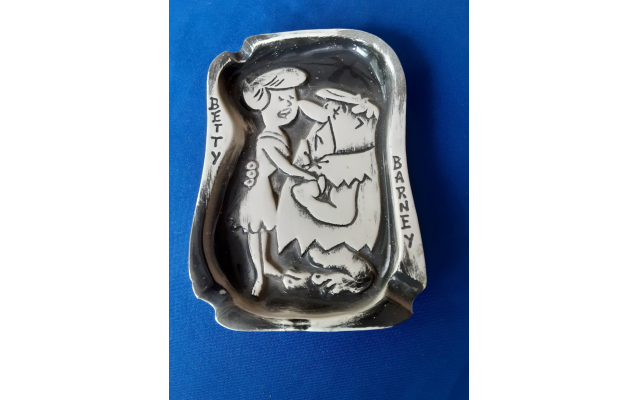
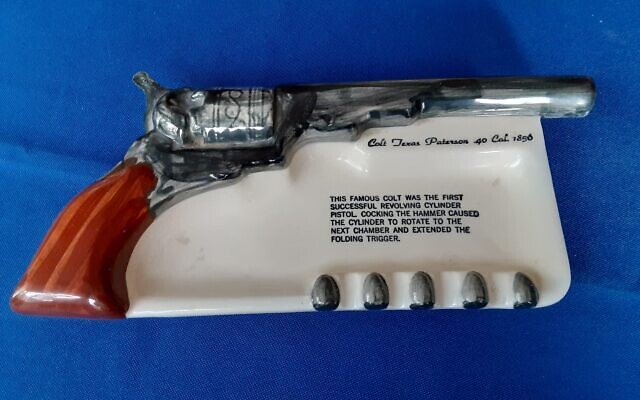
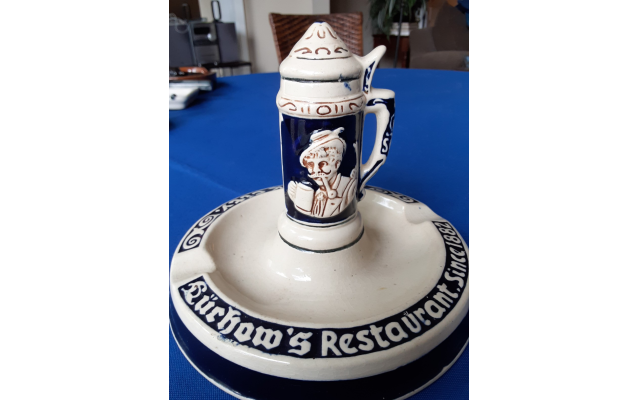

comments